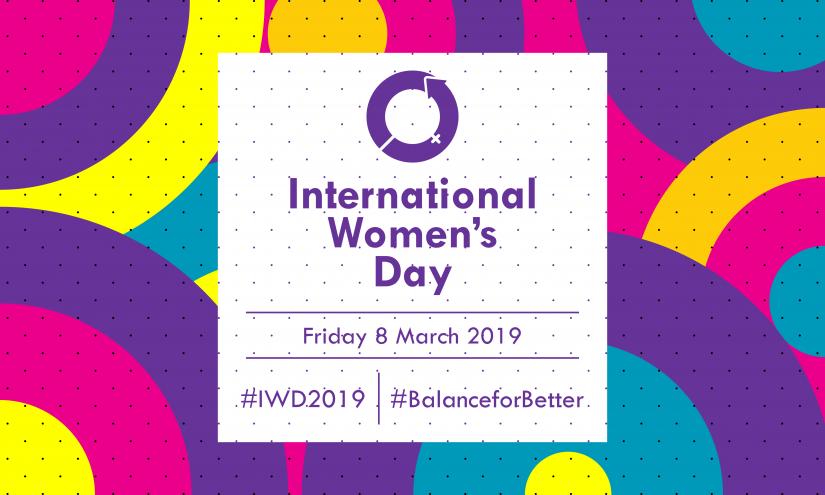
International Women’s Day aims to celebrate the progress of women towards equal social, economic and human rights. Each year we hope things are a little bit better than last year, at least a little bit different. The problem is that as far as the Australian workplace is concerned, everything looks all too familiar.
If we rewind to 8 March 2018, what did the world look like? Specifically, what did the world look like for women? Was it much different to today? Sadly the statistics tell us that little has changed.
New data from the Workplace Gender Equality Agency shows that at the current pace of change we will be waiting until 2100 – another 80 years – until women hold 50 per cent of CEO roles in Australia.
While the national gender pay gap is the lowest ever, at 14.1% (down from 14.6% in 2018) this does not guarantee a linear pathway to abatement. It was only five years ago that the pay gap peaked at 18.4% and has remained stuck within the 15-19% bandwidth for two decades.
If women in elite positions are a gauge of equality, things look decidedly bad. Last year there were 12 CEOs in Australia’s top 200 ASX companies – we are now down to 11. Women make up 33% of the Australian Parliament, and despite the bravado around record-breaking numbers, in the US Congress women comprise only 23%.
Over in the UK, companies are now legally required to publish their pay gap data. Following the release of data earlier this year, some of the largest private companies found their pay gaps had increased. To mark the end of the gender pay gap in the UK, Labour MP Stella Creasy has scheduled a ‘save the date’ for a huge celebration. When can you add this to the pages of your social calendar? The year 2235.
Clearly the idea of a natural path to progress is a myth supported only by those who wish for the status quo to prevail. So what will be different when organisations gather to start planning their International Women’s Day events in 2020? It depends on their willingness to take responsibility for the solutions and to take action right now.
The persistence of gender inequality in Australian workplace is a failure of leadership in our organisations, and the men and women in them who benefit from that inequality at the expense of others.
This is not a ‘women’s problem’ but a core business issue that each employer is accountable for. To fix it employers can and should make a commitment to justice for all of their workers, and a failure to do so is a failure of their most basic responsibilities.
The University of Technology Sydney (UTS) Business School will take a unique approach to International Women’s Day this year by gathering the entire executive team – men and women – to sit down, review their existing gender performance and strategies and commit to changes that will strive towards tangible improvements in gender equality over the next 12 months.
Led by a new campaign called the 3:30 Project, UTS Business School will agree to practical and immediate actions that address inequality so that this time next year when the executive team meets, the data will tell a different story for female staff.
This approach is novel in that it takes International Women’s Day events beyond the boardroom breakfast or tokenistic panel event. It’s provides an impetus for all organisations across Australia to look at International Women’s Day as more than just champagne and canapés and shift towards practical, targeted action.
More than ever, this requires including and encouraging men to not only join in on International Women’s Day, but to use it as a catalyst for making a proactive contribution and commitment to change.
To avoid deja vu on March 8 2020, International Women’s Day needs to ‘balance for better’ the celebration of (limited) progress with the sobering reality of how much work there is remaining and a practical commitment to getting that work done starting now.
Hannah Bretherton is the Founder of the 3:30 Project campaign for International Women’s Day. You can follow her on Twitter @hcbretherton
Carl Rhodes is Professor of Organisation Studies and Deputy Dean at the UTS Business School. He tweets on @ProfCarlRhodes

